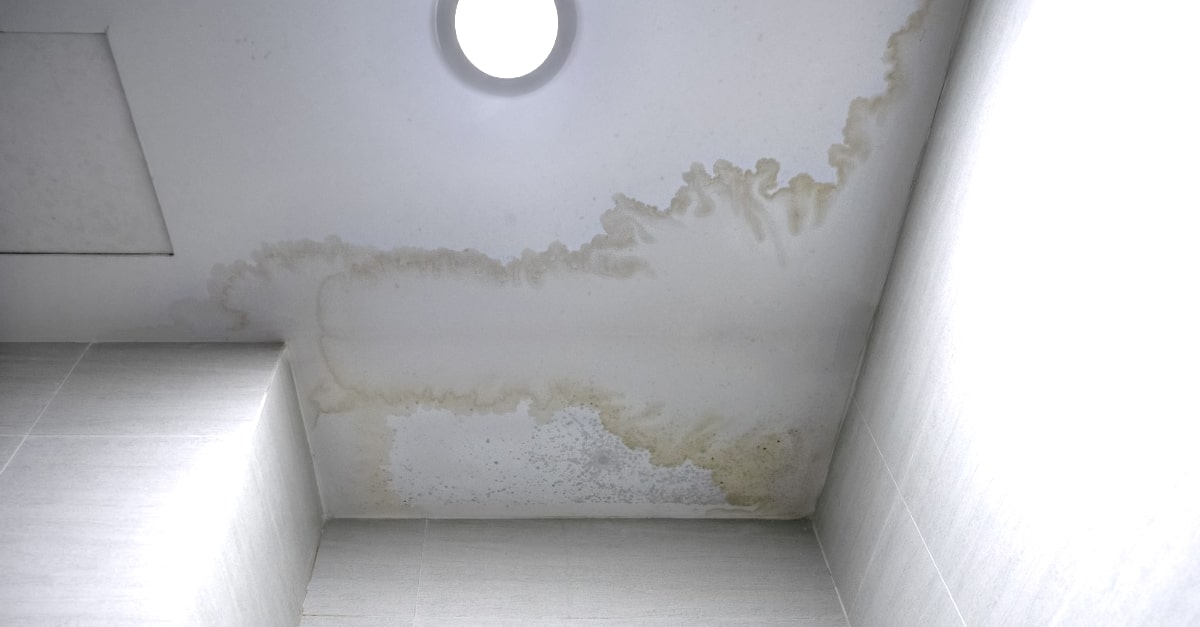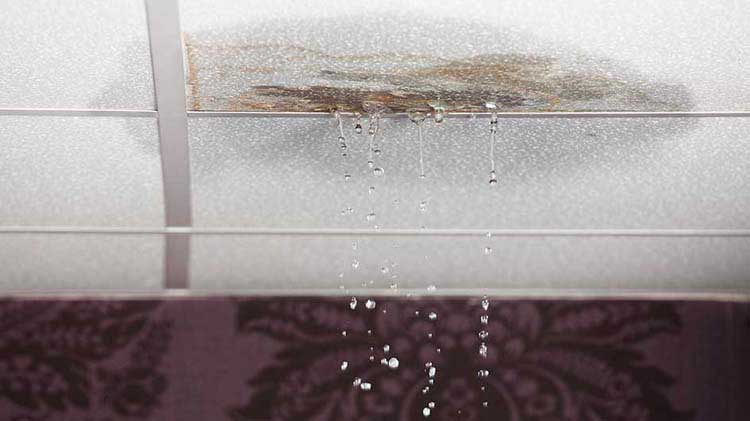We've come across the article on Common Water Leaks In House below on the web and figured it made good sense to discuss it with you on my blog.

Leaks not just create waste of water yet can likewise create unneeded damage to your house and promote undesirable natural growth. However, water leakages may go unnoticed since most of the pipework in our home is concealed. By comprehending and looking for day-to-day scenarios that trigger leakages, you can secure your home from future leakages as well as unnecessary damages. Today, we will take a look at 6 leakage causes that may be causing your pipelines to leak.
Instantaneous temperature adjustments.
Extreme temperature level adjustments in our pipes can trigger them to increase as well as get suddenly. This development and tightening might trigger cracks in the pipes, specifically if the temperature are below cold.
Rusty water systems
This could be the reason of staining or bending on your water pipes. If our plumbing system is old, think about replacing the pipelines given that they are at a higher danger of rust than the more recent versions.
Malfunctioning Pipe Joints
Pipe joints can degrade over time, resulting in water leakages. If you have noisy pipes that make ticking or banging sounds, specifically when the warm water is transformed on, your pipeline joints are most likely under a great deal of stress.
Trespassing origins
Many water leaks start outside the home instead than inside it. You could observe wet spots or sinkholes in your backyard, as well as that could mean that tree origins are invading water lines causing water to permeate out.
Poor Water Connectors
At times, a leak can be brought on by loosened tubes as well as pipes that provide your appliances. More often than not, changing is what creates the loosened water Connections. You may find when it comes to a cleaning device, a hose may spring a leakage because of shaking throughout the spin cycle. In case of a water connections leakage, you might discover water running straight from the supply line or pools around your home appliances.
Obstructed Drains
Blocked drains may be bothersome and inconveniencing, however they can occasionally end up creating an overflow leading to burst pipelines. Keep eliminating any materials that may drop your drains pipes that might clog them to avoid such hassles.
All the above are reasons for leakages but not all water leakages result from plumbing leaks; some leaks could come from roof leakages. All leaks must be fixed quickly to prevent water damages.
Leaks not only trigger waste of water however can likewise cause unnecessary damage to your house and also promote undesirable organic growth. By looking and comprehending for day-to-day situations that create leakages, you can protect your house from future leakages and also unneeded damage. Today, we will certainly look at 6 leakage creates that might be creating your pipelines to leak.
At times, a leak can be caused by loosened hose pipes and also pipes that provide your appliances. In instance of a water connections leakage, you may notice water running straight from the supply line or puddles around your devices.
TYPES OF WATER LEAKS YOU SHOULD BE FAMILIAR WITH
Shower Fixture Water Leaks
If you notice a water leak near your shower fixture, perform an inspection to confirm if you are able to find broken caulk lines. As your shower fixture becomes older, it is not uncommon for water to leak onto the other side of the frame. To fix this type of plumbing leak, scrape off the old caulk and run a new bead of it around the shower fixture to seal up any fractured crevices and holes.
Bathtub Drainage Water leaks
To fix this type of leak in a bathtub, remove the drain flange and clean it. Next, you should also remove the rubber gasket located beneath the tub’s drain hole. Buy a replacement gasket that matches the old version and install it in the same location. Once the drain flange and rubber gasket are installed, apply a small amount of silicone caulk to the drain to prevent water leakage below your tub.
Water Pipe Leaks Behind Walls
Issues such as discolored grout and loose shower tiles may be caused by a water pipe leak behind the walls in your bathroom. To fix this plumbing leak, you will be required to remove the tiles, grout, or caulk in your shower. Once the tiles in your shower have been removed, perform an inspection of the drywall to confirm if it’s moist or wet. If you notice water marks or mold on the wall, this is an indicator of a water pipe leak.
Toilet Leaks
Nobody likes a toilet leak. It can cause water damage to the subfloor, joists, or even the ceiling in the room below. To combat this type of water leak, you will need to reinstall your toilet with a brand new ring of wax. If the toilet sits uneven, be sure to add toilet shims to correct the issue. Do you notice a broken bolt slot or flange? We recommend performing a new metal flange installation to remediate this issue.
Sink Water Leaks
To prevent damage to the beautiful counter tops in your kitchen or bathroom, tighten the base of your sink to prevent a water leak. Next, scrape away any old caulk around the sink and apply a fresh coat. Prior to using the kitchen or bathroom sink, you will need to secure the fixture to the countertop with the clips located beneath the sink rim to prevent a water leak.
https://www.fenwickhomeservices.com/blog/6-types-of-water-leaks-you-should-be-familiar-with/

I'm just very interested by How to Find Water Leaks and I'm hoping you liked my page. Are you aware of someone else who is fascinated about the niche? Please feel free to share it. I love reading our article about How Fast Water Damage Can Ruin Your Home.
Click Here